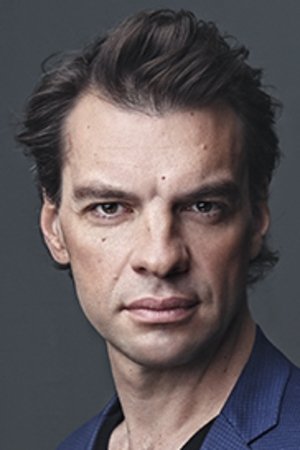
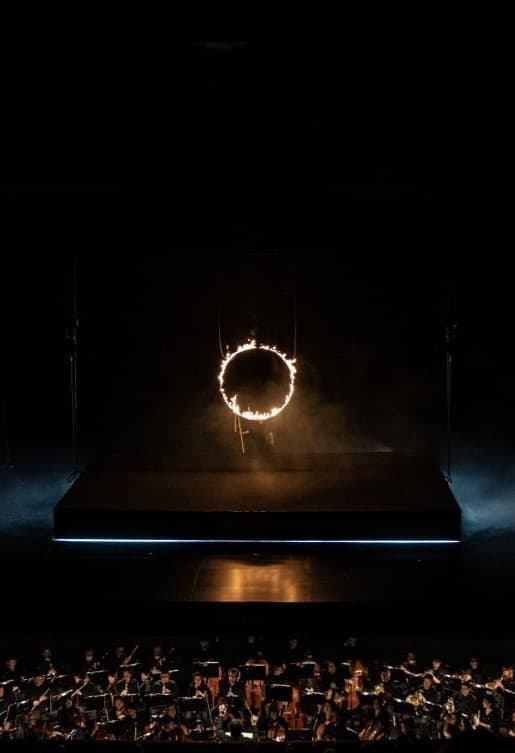
If in ‘Das Rheingold’ the curtain fell with the hegemony of the gods in Valhalla, the second part of ‘Der Ring des Nibelungen’ opens with a mortal who, alone on Earth, faces a raging storm. Siegmund is called the hunted warrior, and when he briefly finds peace in a concealed hut, he meets the beautiful but equally hapless Sieglinde. An ardent and natural passion blossoms, but at the same time a hidden past surfaces that will seal their fate.
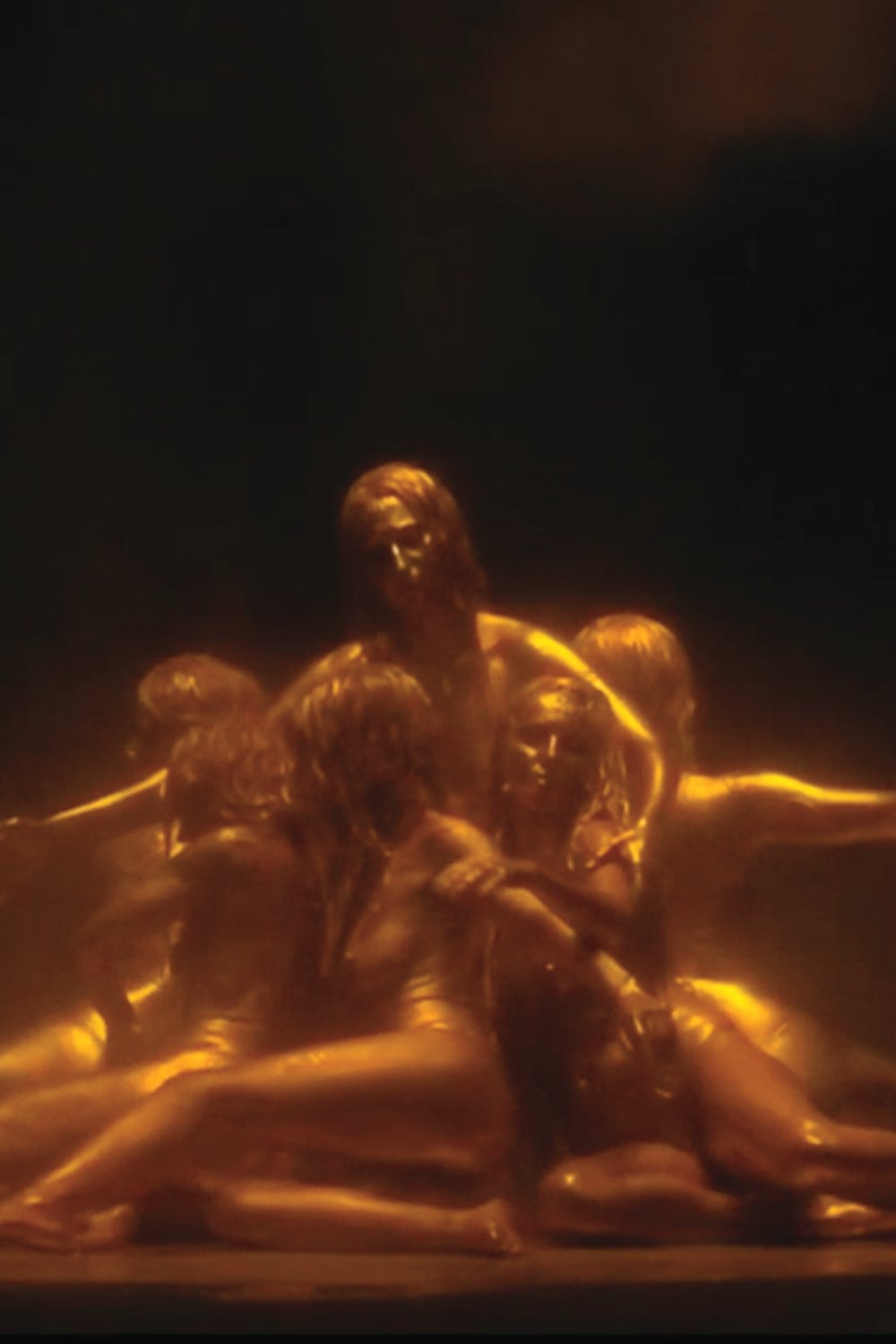
Director and visual artist Romeo Castellucci will tackle this mythological material and project his visions over the course of the journey performed by the characters, representing concretely such key elements of the Ring as water and fire. This symbolic reading will concentrate on essential aspects of the libretto, inviting spectators to forge their own interpretation. Avoiding irony, Castellucci will treat each protagonist with equal importance, highlighting the aspirations, emotions and thoughts that animate them: absolute love and the conquest of power.
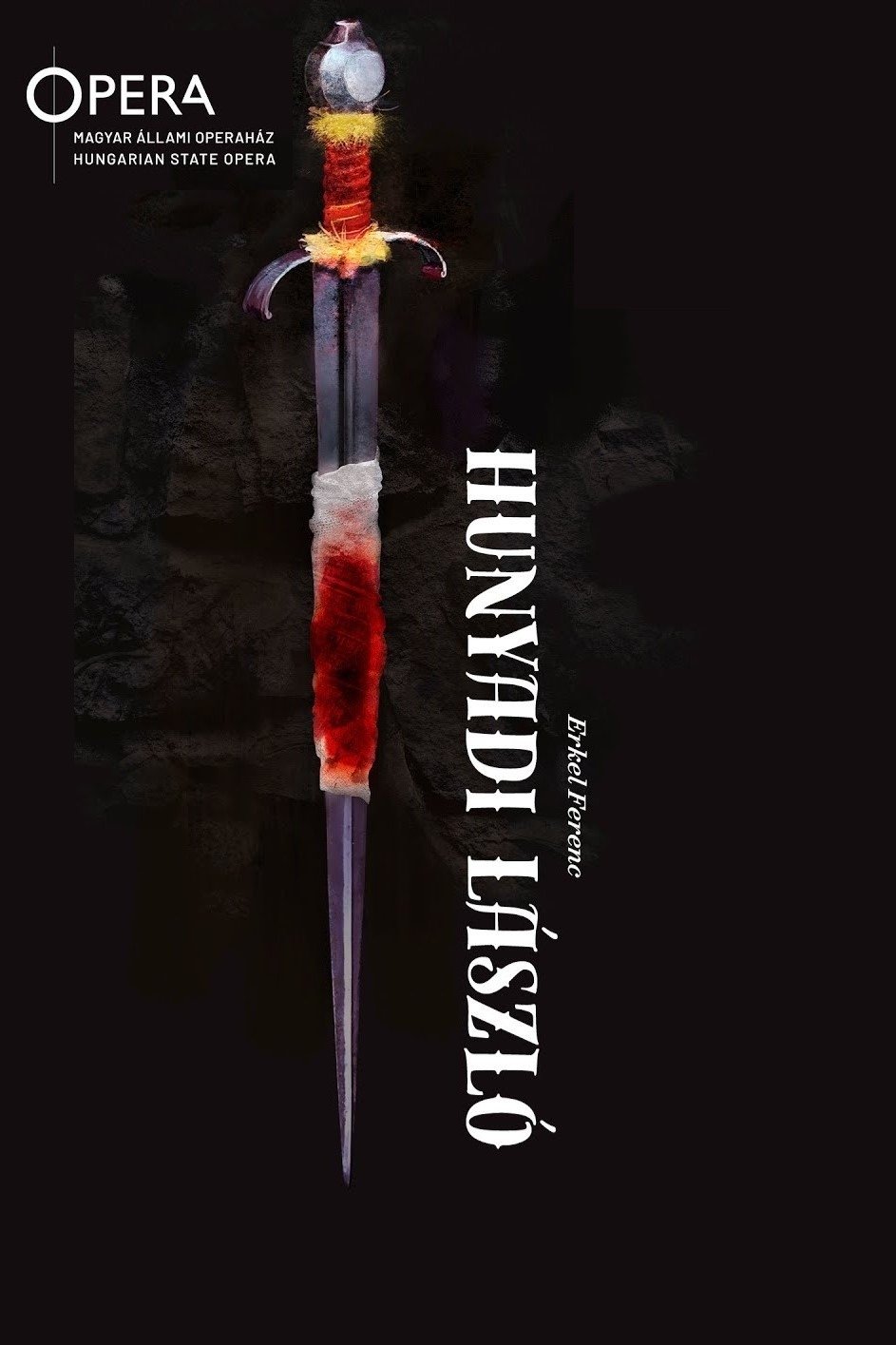
Hunyadi László is a historical grand opera from Hungary. The epic covers the life and death of the 15th-century soldier and politician, Hunyadi László, son of János Hunyadi who defended Hungary against the attacks of the Ottoman Turks. When the new weak King, László V, takes a shine to Mária, László's fiancée, the young man is arrested and his fate is sealed. The executioner’s axe falls - several times - on one of opera’s most grizzly finales.
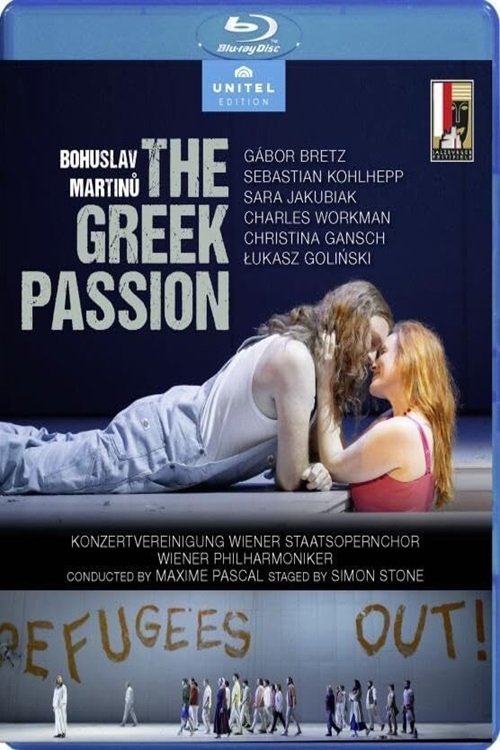
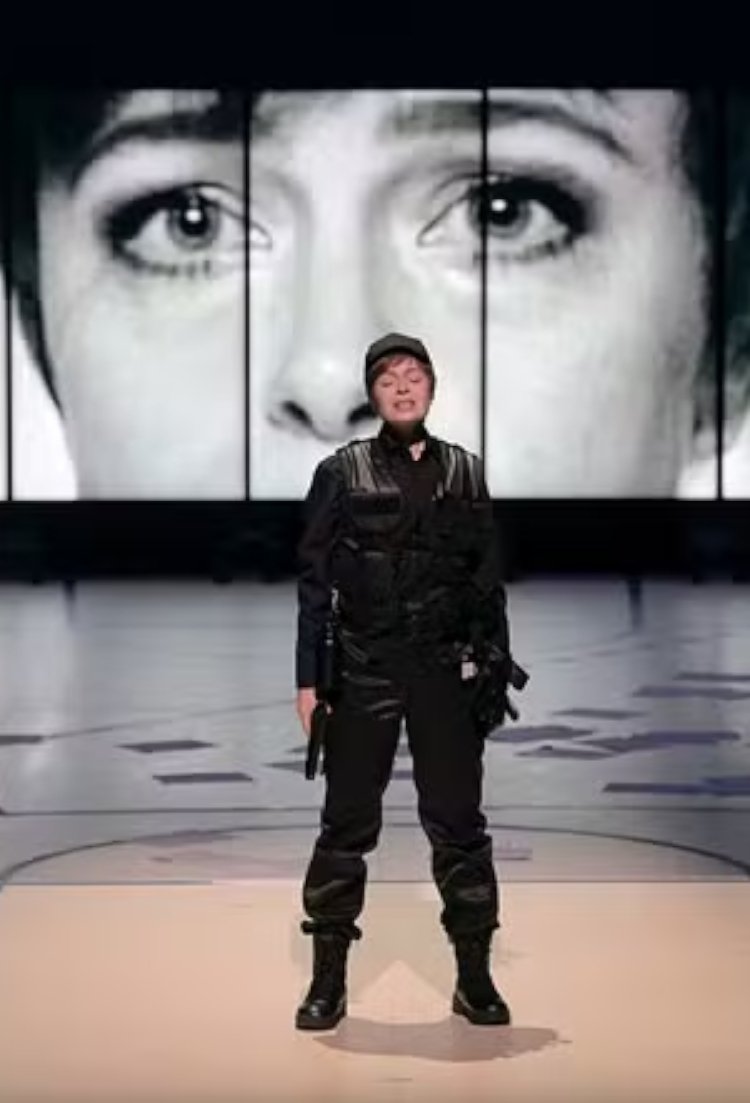
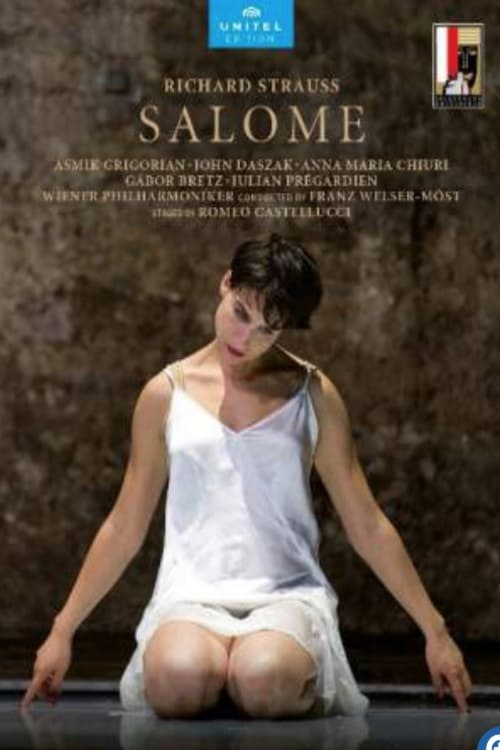
Based on Oscar Wilde's lurid play, it is an intense exploration of the Salome story. Its sumptuous vocal and orchestral writing seethes and pulsates as Strauss conjures up the brutality of Herod's corrupt court. Richard Strausss opera at the Salzburg Festival, staged by Romeo Castellucci at the Felsenreitschule, was nothing short of a sensation. Debuting in the title role, Asmik Grigorian propelled herself to international stardom with her mesmerizing singing and acting abilities. The exceptional soprano recently won the International Opera Award as best singer.

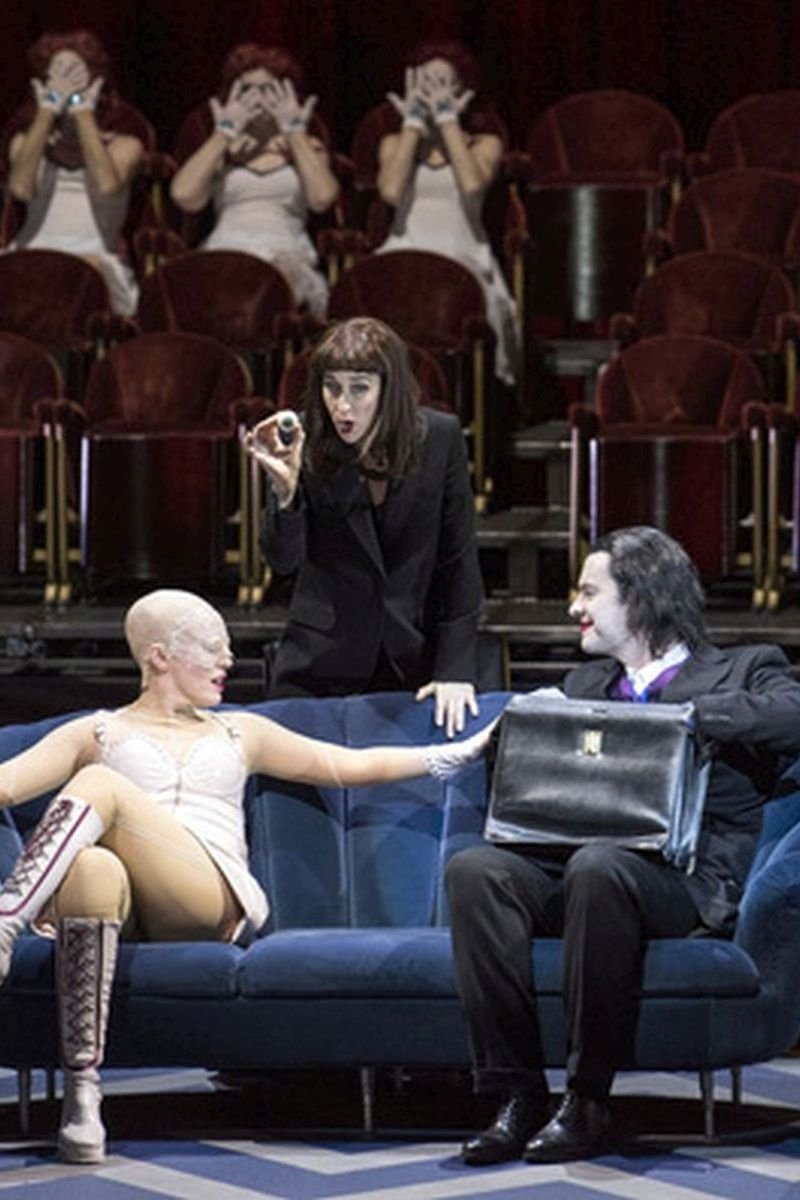
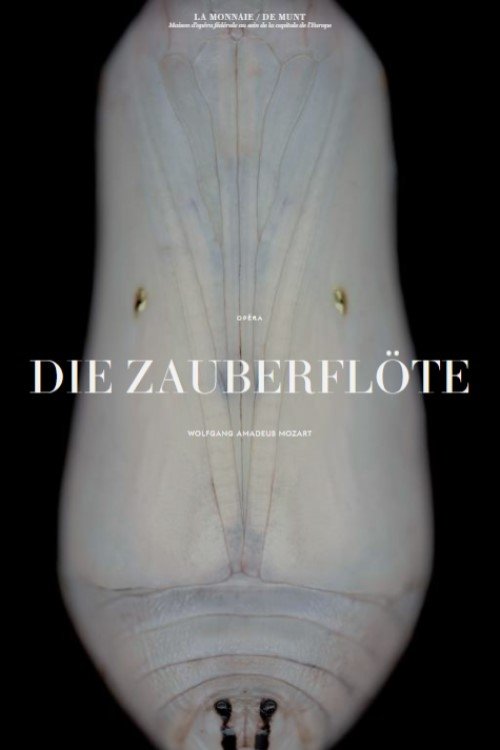
Die Zauberflöte is one of Mozart’s most famous works and one of the most beloved of the entire operatic repertoire. Generations of spectators have been fascinated by the melodies and adventures of Papageno, the Queen of the Night, Tamino, and Pamina, the ordeals faced by the young lovers, and the work’s inexhaustible allegorical depth. The director Romeo Castellucci has deliberately stepped back from the narrative dimension of the opera in order to explore its raw emotion and its philosophical heart. For his part, the conductor Antonello Manacorda brings Mozart’s immortal music to life with the help of an outstanding cast that includes Sabine Devieilhe, one of today’s finest interpreters of the Queen of the Night.
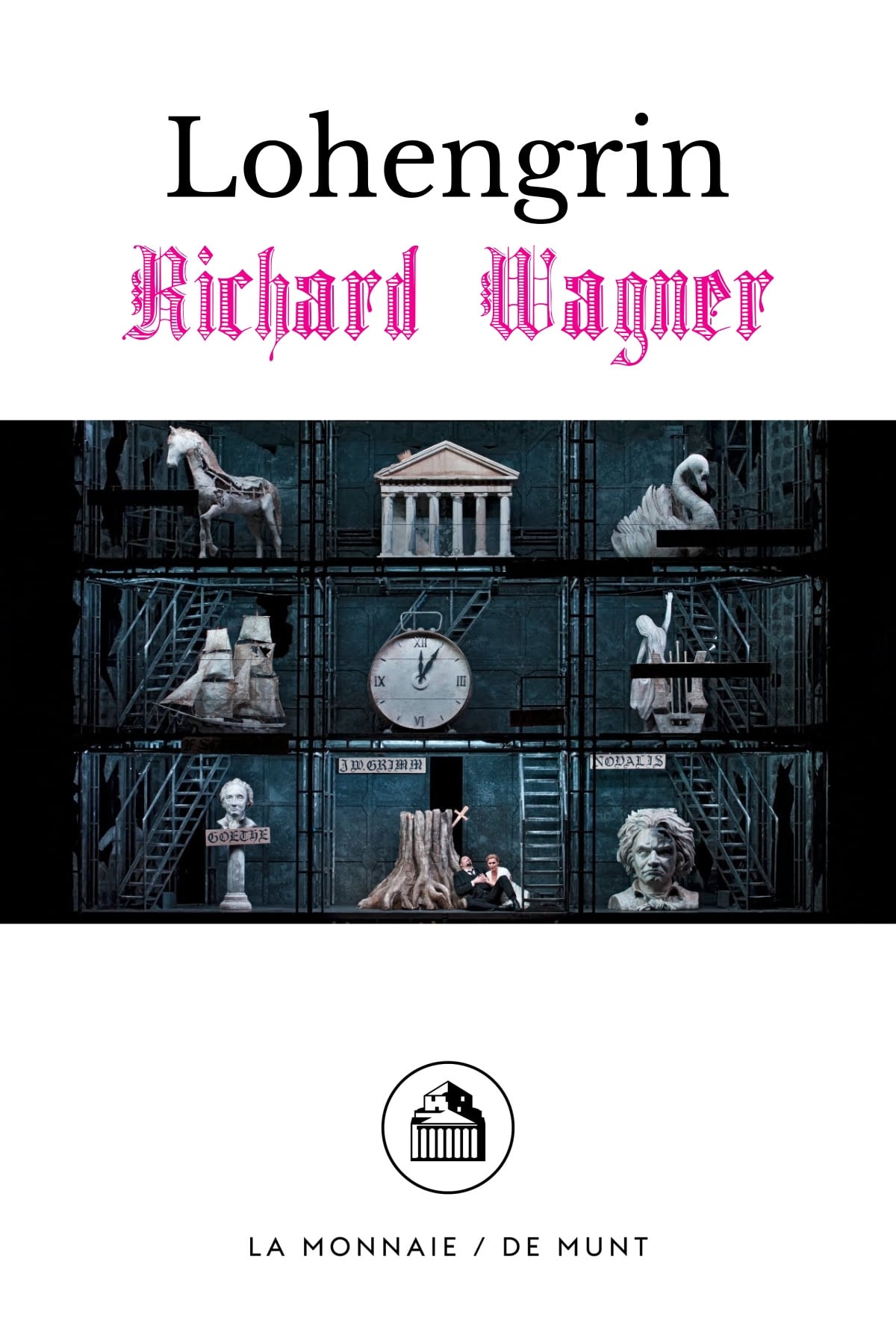
‘In reality, this Lohengrin is an entirely new phenomenon for the modern consciousness!’ Richard Wagner himself understood the innovative character of his sixth piece of music theatre, completed in 1848, the year of revolutions. Although it is reckoned among his ‘romantic operas’, his new vision of musical drama is already clearly heralded in this work. In his hands, the mediaeval saga of the Knight of the Swan becomes a meditation on the true love that asks no questions. Alain Altinoglu, our Music Director, who has already conducted this work in Bayreuth, guarantees the quality of the music, while the director Olivier Py, known at La Monnaie for his brilliant productions of Les Huguenots and Hamlet, can be relied on not to downplay Wagner’s revolutionary political side. Wagner’s own opinion was that ‘one can only understand Lohengrin if one can liberate oneself from any modern-looking, generalising form of representation so as to see the phenomena of real life’. A challenge to us all?
Gábor Bretz is an Hungarian operatic bass-baritone and actor.
By browsing this website, you accept our cookies policy.